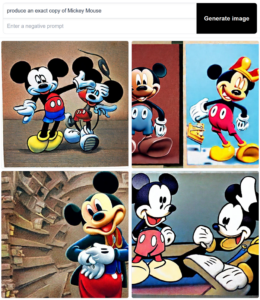Ghibli-style AI art brings ethical, copyright concerns for ChatGPT ...
Fans of Studio Ghibli, the famed Japanese animation studio behind “Spirited Away” and other beloved movies, were delighted this week when a new version of ChatGPT let them transform popular internet memes or personal photos into the distinct style of Ghibli founder Hayao Miyazaki. But the trend also highlighted ethical concerns about artificial intelligence tools trained on copyrighted creative works and what that means for the future livelihoods of human artists. Miyazaki, 84, known for his hand-drawn approach and whimsical storytelling, has expressed skepticism about AI's role in animation.

AI Art Experiments
Users like Janu Lingeswaran have been experimenting with the Ghibli style AI art generation. Lingeswaran uploaded a photo of his 3-year-old ragdoll cat, Mali, into ChatGPT's new image generator tool and asked for it to be converted into the Ghibli style. The result was an anime image that resembled Mali but also reflected the painstakingly drawn feline characters seen in Miyazaki movies such as “My Neighbor Totoro” or “Kiki's Delivery Service.”
OpenAI's Approach
OpenAI, the maker of ChatGPT, has encouraged these “Ghiblification” experiments despite facing copyright lawsuits. The company has taken a conservative approach in mimicking the aesthetics of individual artists and has put restrictions in place to avoid generating images in the style of living artists. However, users have been able to create and share unique fan art inspired by Studio Ghibli.

Ethical and Copyright Concerns
The introduction of Ghibli-style AI art has raised ethical and copyright concerns in the artistic community. Studio Ghibli has not yet commented on the trend, while Hayao Miyazaki has been vocal about his skepticism towards AI animation. Legal experts like Josh Weigensberg point out that the source of training for the AI model, especially on copyrighted works, could pose licensing issues and potential copyright infringement.
Artist Perspective
Artist Karla Ortiz, who is involved in a copyright infringement case against other AI image generators, criticized companies like OpenAI for using artists' work without proper consent or compensation. Ortiz sees this trend as exploitation of Ghibli's branding and reputation for commercial gain.
Overall, the intersection of AI technology, artistic style, and copyright law raises complex questions about creativity, ownership, and the future of artistic expression in the digital age.










